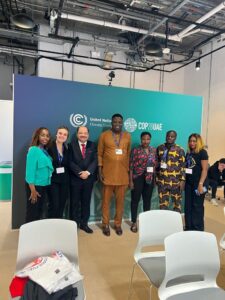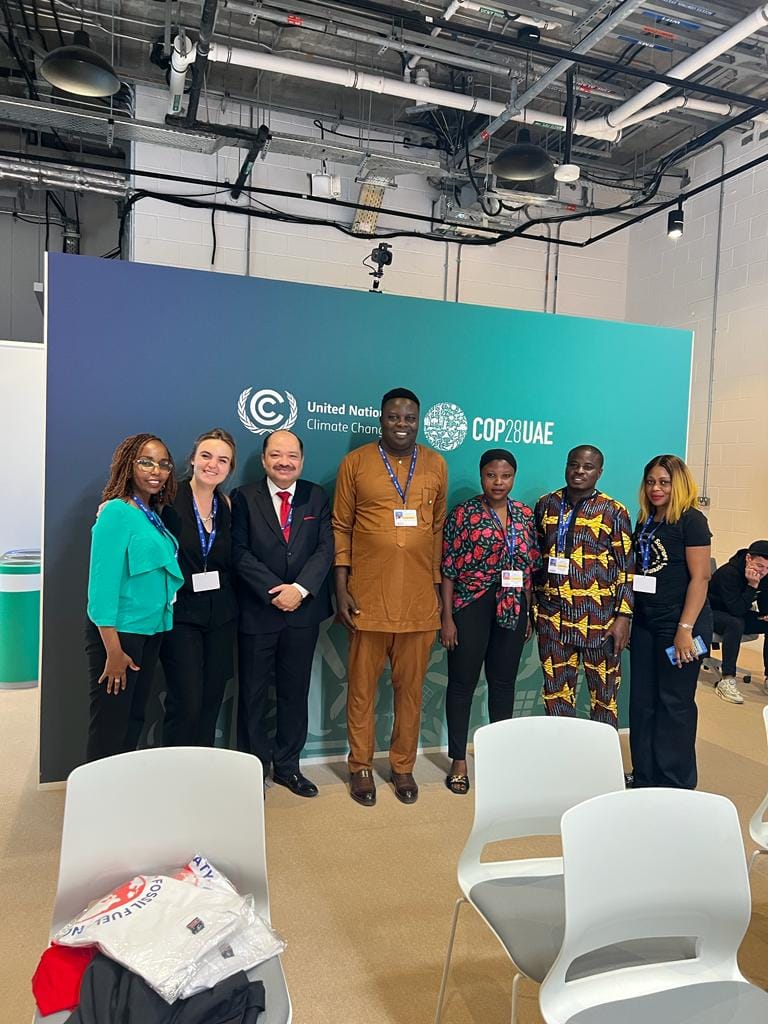Our Reflection at COP28 : A Call for A Real Climate Action 

The conclusion of COP28 leaves a glaring gap in emission reduction commitments, with the agreed text lacking clarity on addressing the concerns of local communities. Despite calls for a transition from fossil fuels, developed countries retain room to increase their fossil fuel pursuits without clear targets or time-frames for transition, posing a threat to achieving the 1.5°C goal.
The absence of concrete measures and timelines for achieving a 1.5°C target, coupled with a reliance on green washing solutions, continues to expose African lands and waters to vulnerability. The outcome of COP28 appears poised to increase carbon market activity, utilizing Africa as a testing ground for offsetting.
The agreed text falls short on financial commitments to support developing countries, notably Africa, and lacks specific targets for methane emission reduction. Concerns raised by small island nations about their exclusion during the finalization of the text underscore a need for more inclusive decision-making processes
In response to these challenges, a united front among developing countries becomes imperative. Recognizing that the global north may not commit beyond charitable donations for climate actions, it is crucial to address the root causes of the climate crisis. To keep the 1.5°C goal alive, collaboration between indigenous knowledge and scientific expertise must drive co-creative solutions, emphasizing the importance of technology transfer for a just transition
As we navigate the aftermath of COP28, the urgent need for a more robust and equitable approach to climate action becomes evident. Only through collective efforts, genuine commitments, and a fusion of traditional wisdom with modern solutions can we aspire to achieve meaningful progress toward a sustainable and climate-resilient future.
